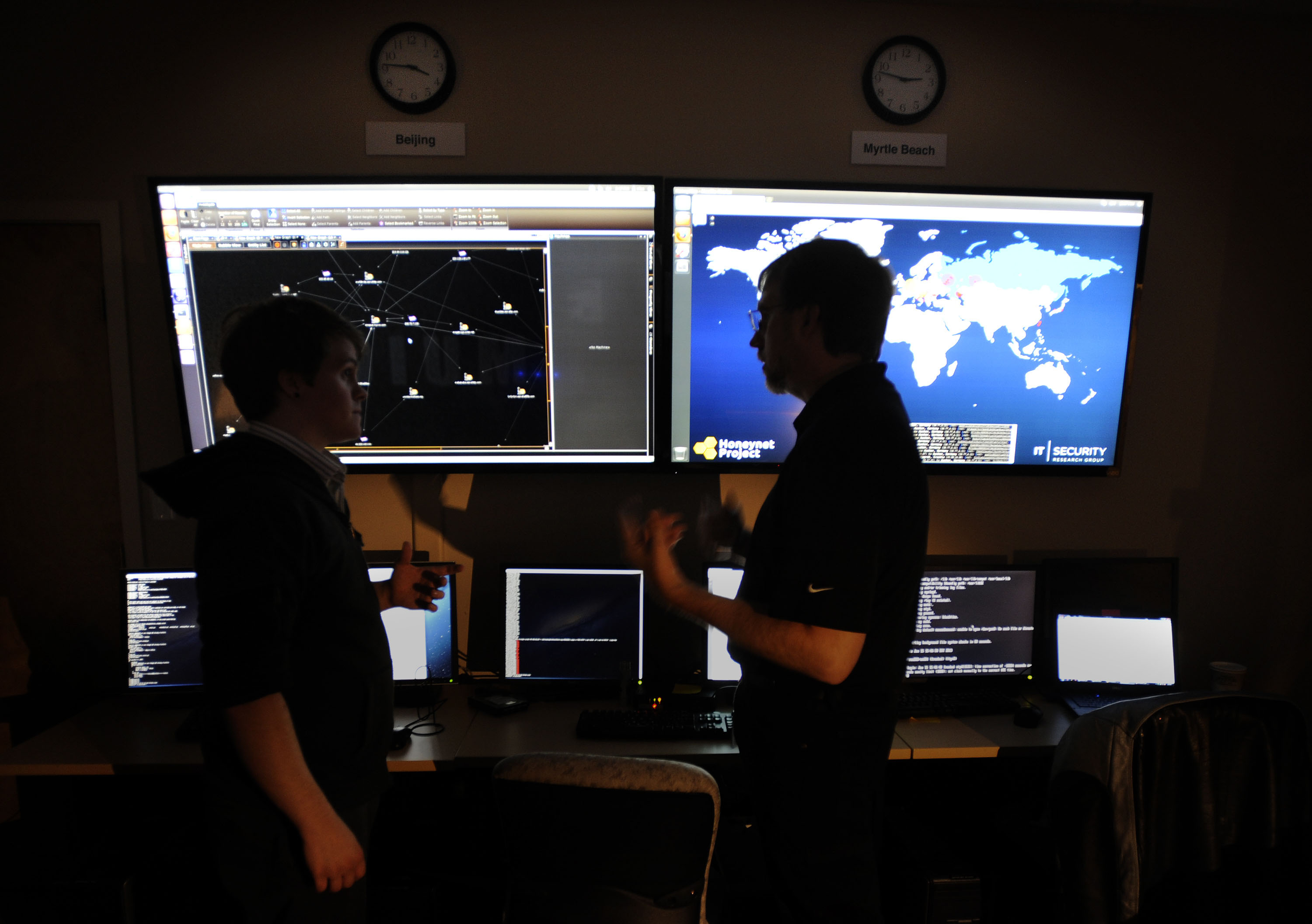China is awash with nondescript new office buildings, so the 12-story tower in Shanghai's Pudong area hardly looked likely to cause global headlines. Not even propaganda posters on walls surrounding it or People's Liberation Army guards standing at the gates made the building stand out.
Yet recently a U.S. private security firm, Mandiant, based in Virginia, identified it as the headquarters of Unit 61398, a PLA grouping suspected of waging cyberwarfare. The study revealed that 150 highly sophisticated cyber-attacks against targets in the United States had originated from inside. Last week international journalists and TV crews suddenly descending on Unit 61398 were chased away, even as an angry Beijing government denied the allegations. One BBC team was briefly detained.
But the real story was not the existence of the building or the hackers inside. It was that it was merely the tip of an iceberg of cyberwarfare that is now rising dramatically into view. For years experts have warned of a global epidemic of hacking. But now those dire predictions have come true.



















With your current subscription plan you can comment on stories. However, before writing your first comment, please create a display name in the Profile section of your subscriber account page.